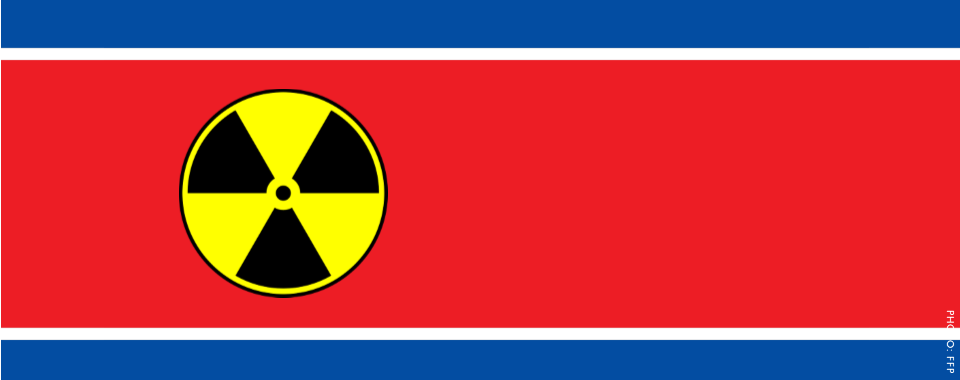BY JONAS VAICIKONIS
The Democratic People’s Republic of Korea (DPRK), or North Korea, threatens world security by hastening the spread of nuclear weapons and related technologies to state and non-state actors interested in acquiring nuclear weapons. The North uses two pathways to acquire banned nuclear equipment for itself and for others: through state-to-state contact and through its network of individuals engaged in illicit trade. Both pathways pose a danger to the international community, but it is increasingly North Korea’s collaborations with other states interested in nuclear weapons technology that threaten the global nonproliferation regime. North Korea’s unscrupulous history of selling narcotics, counterfeiting currency, and selling arms does not encourage optimism in its
willingness to refrain from spreading nuclear weapons technology. Indeed, the examples in this paper demonstrate that North Korea’s relationships with Pakistan, Syria, and Iran have advanced the nuclear programs of all four states, despite United Nation’s sanctions.
From the early 1990’s through 2003, North Korea forged a relationship with Pakistan through the sale of missiles and later became involved in A.Q. Khan’s nuclear smuggling operation. After selling missiles and related technology to Syria, North Korea provided design plans, expert advice, and parts for Syria’s secret nuclear reactor at al Kibar from 2001-2007. Finally, Iran also initially bought missiles from the DPRK, but soon began joint research with North Korean scientists on missile and rocket designs that continues today. North Korea’s cash strapped regime has a history of selling nuclear technology to anyone who can pay for it. The possibility exists that North Korea could sell a readymade nuclear device, instructions on how to build one, or fissile material to a terrorist organization.
